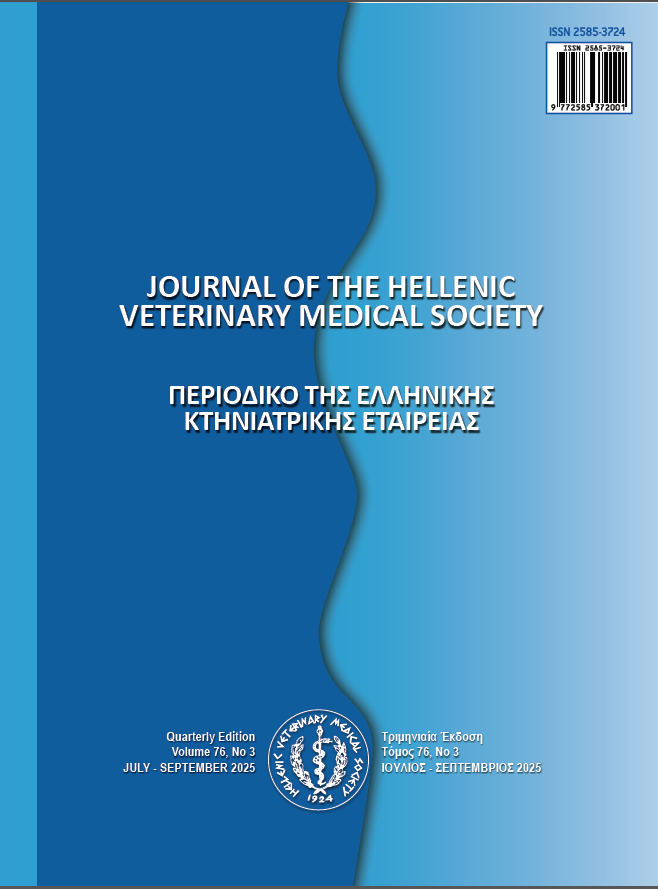Effects of Replacing Alfalfa Hay with Amaranthus caudatus Hay on Digestibility, Methane Emissions, and Microbial Protein Efficiency in Ruminant Diets
Resumen
The study aimed to assess the impact of substituting alfalfa hay with Amarant (Amaranthus caudatus) hay in ruminant diets on fermentation parameters. Using in vitro gas production, diets with Amaranth hay at 0%, 10%, 20%, and 30% were formulated, maintaining isocaloric and nitrogenic levels. While methane (CH4) production remained unchanged, notable effects were observed on true digestible dry matter (TDDM), true digestibility (TD), gas and methane production per digested dry matter (DM), and microbial protein. Substituting alfalfa with Amaranth hay favored microbial protein production over gas and methane, suggesting potential replacement up to 30%. This substitution reduced methane production and enhanced microbial protein. Further in vivo experiments are necessary to evaluate its impact on feed intake and overall animal production.
Article Details
- Cómo citar
-
Özkan, ÇÖ, Selçuk, B., Bakir, T., Bilal , Y., & Kamalak, A. (2025). Effects of Replacing Alfalfa Hay with Amaranthus caudatus Hay on Digestibility, Methane Emissions, and Microbial Protein Efficiency in Ruminant Diets. Journal of the Hellenic Veterinary Medical Society, 76(3), 9609–9616. https://doi.org/10.12681/jhvms.39405
- Número
- Vol. 76 Núm. 3 (2025)
- Sección
- Research Articles

Esta obra está bajo una licencia internacional Creative Commons Atribución-NoComercial 4.0.
Authors who publish with this journal agree to the following terms:
· Authors retain copyright and grant the journal right of first publication with the work simultaneously licensed under a Creative Commons Attribution Non-Commercial License that allows others to share the work with an acknowledgement of the work's authorship and initial publication in this journal.
· Authors are able to enter into separate, additional contractual arrangements for the non-exclusive distribution of the journal's published version of the work (e.g. post it to an institutional repository or publish it in a book), with an acknowledgement of its initial publication in this journal.
· Authors are permitted and encouraged to post their work online (preferably in institutional repositories or on their website) prior to and during the submission process, as it can lead to productive exchanges, as well as earlier and greater citation of published work.



